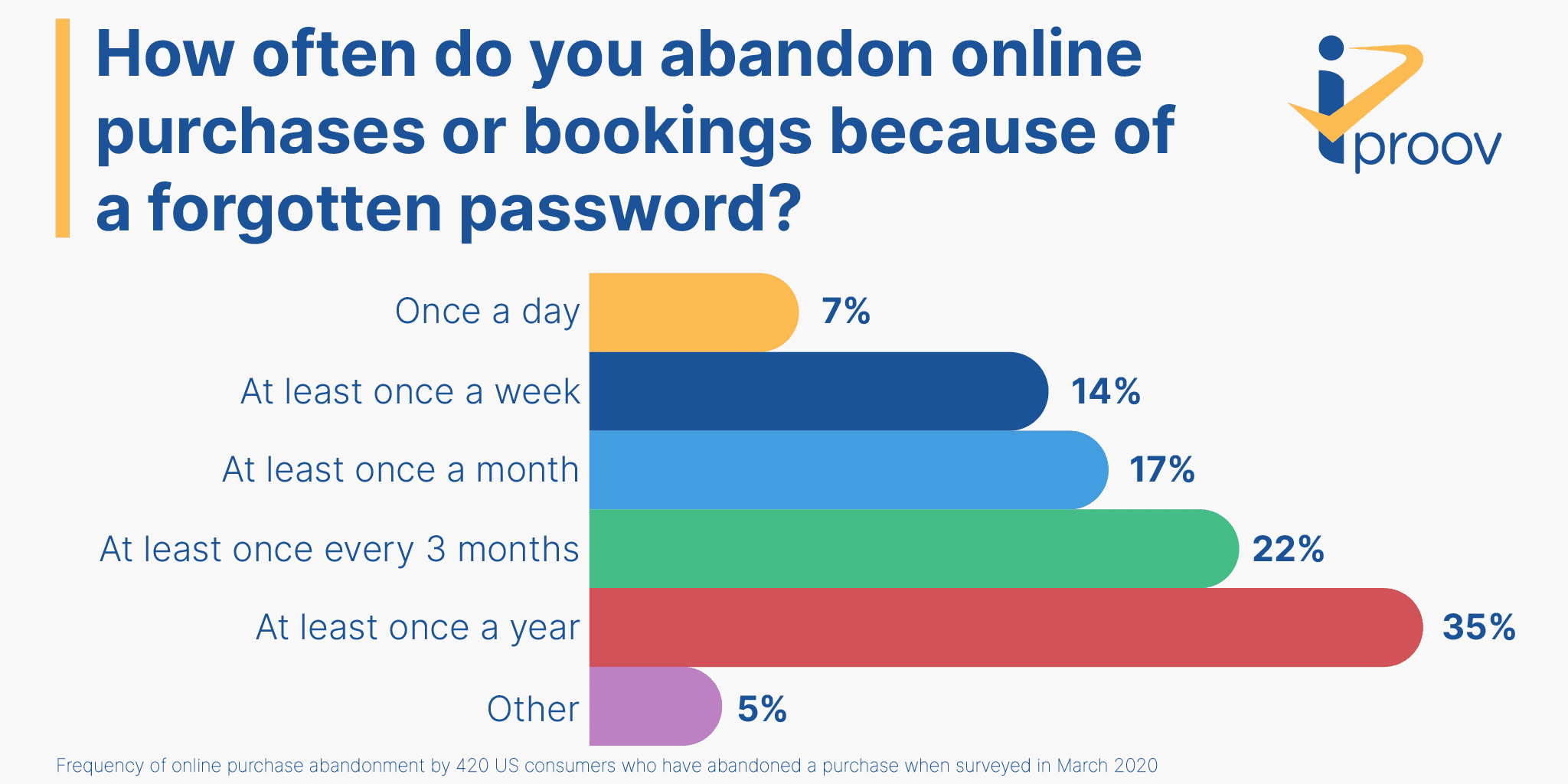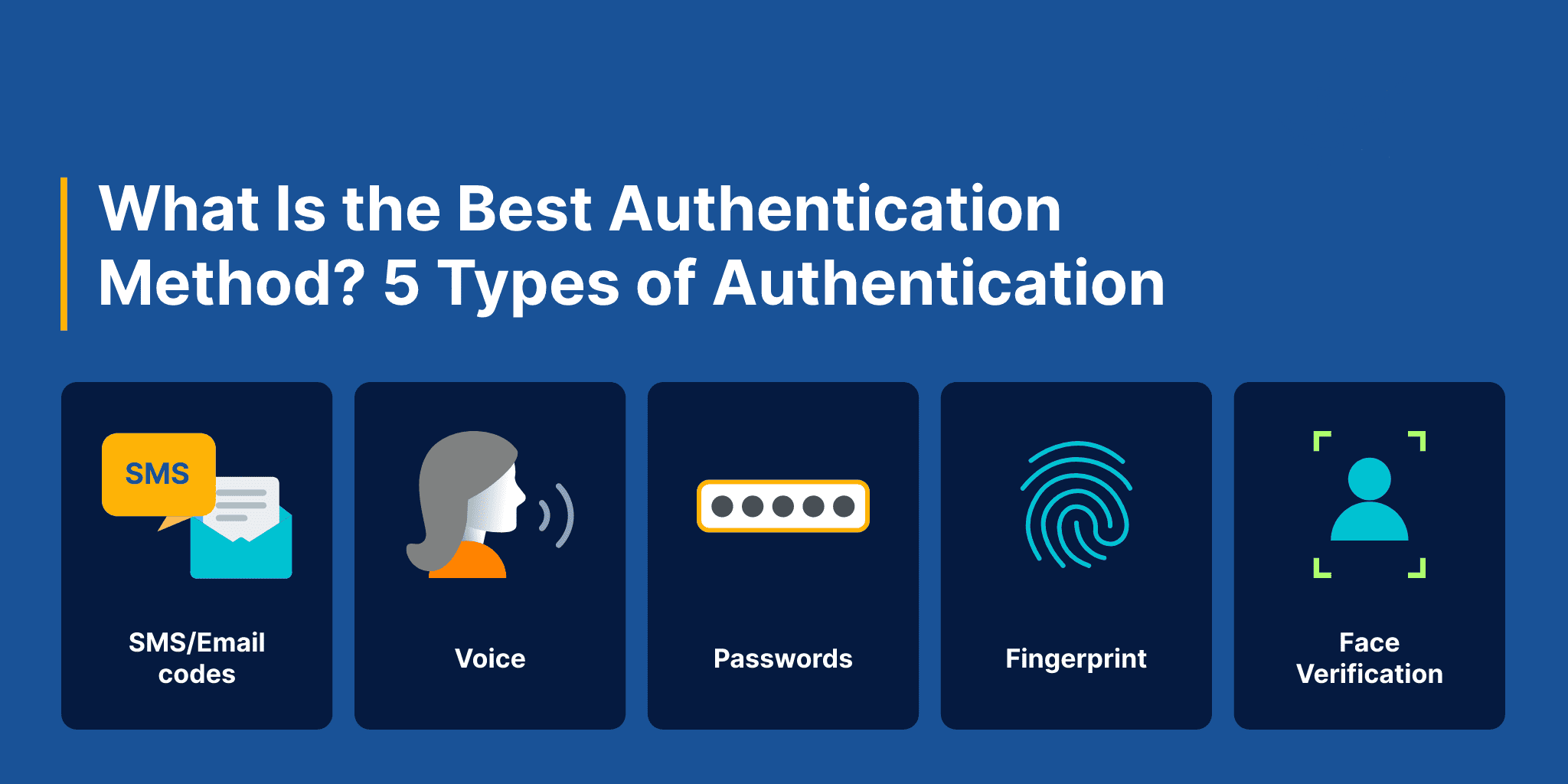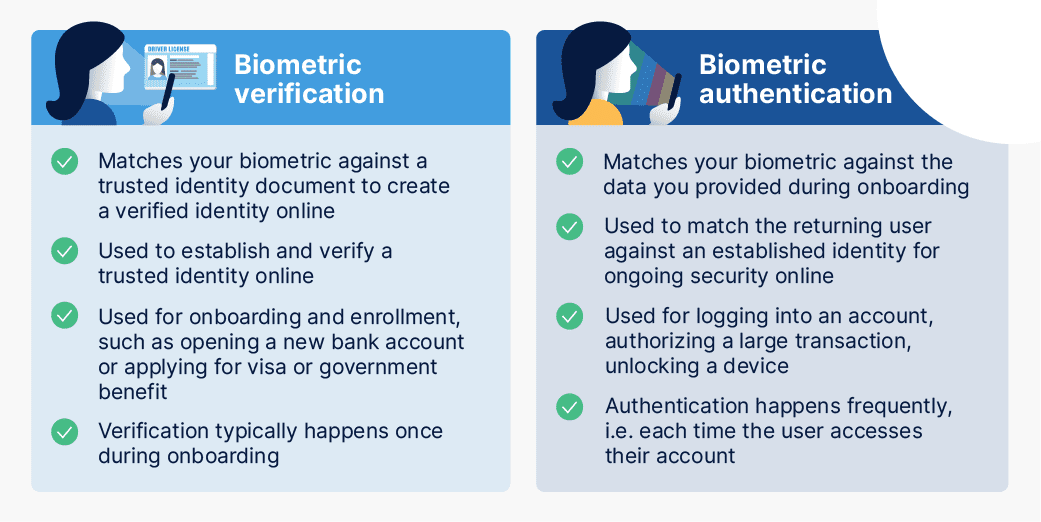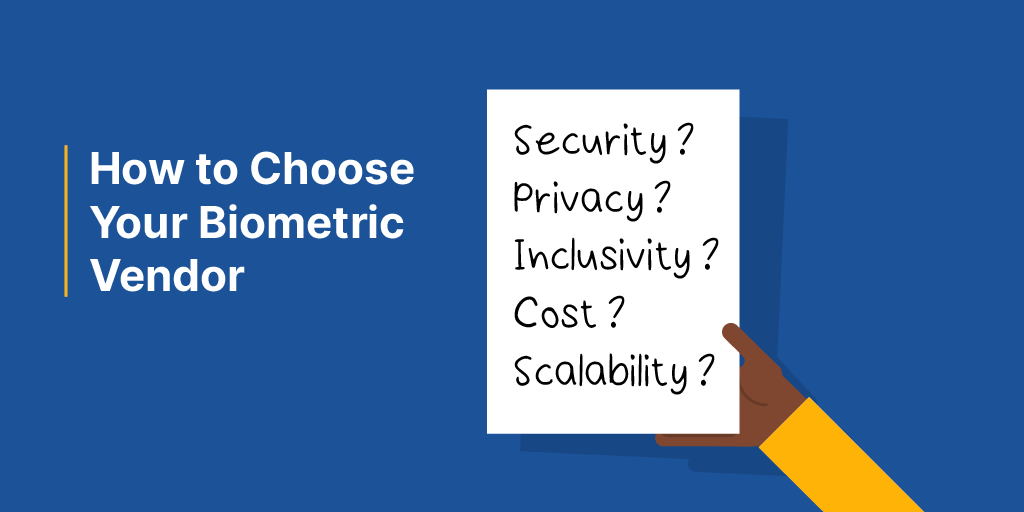May 7, 2020
WHY TRADITIONAL AUTHENTICATION IS FAILING: UNLOCK THE FUTURE OF IDENTITY SECURITY
How does biometric authentication actually protect against deepfakes, account takeovers, and today’s evolving cyber threats? Learn how identity verification has become the frontline defense: watch the Identity Jedi episode here!



